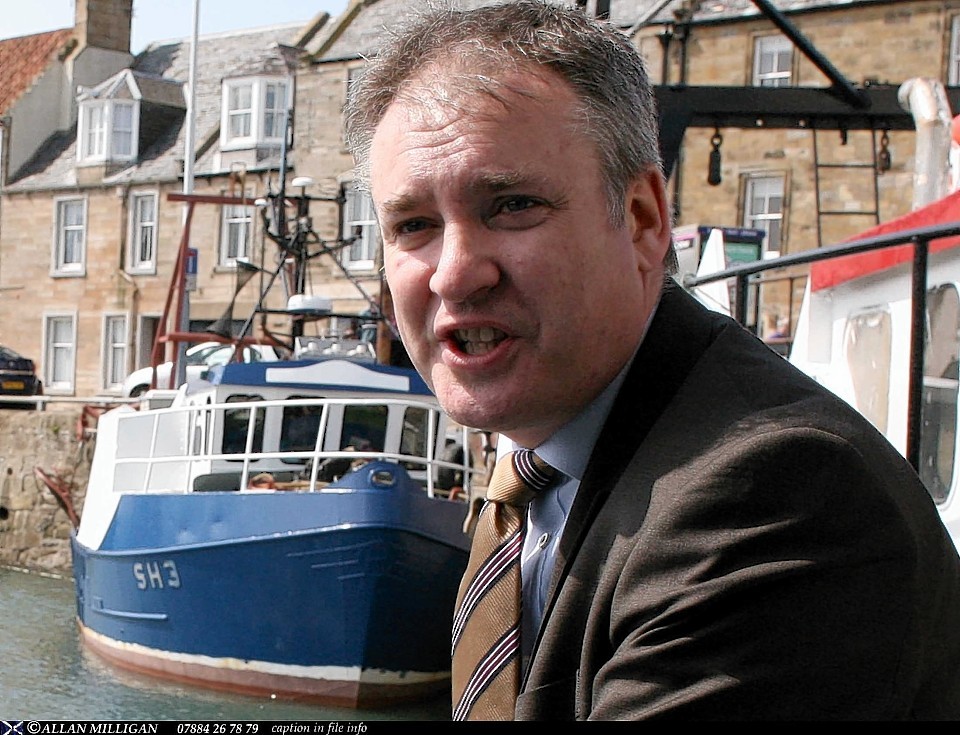Crunch talks in Brussels this week have a major bearing on how Scotland’s fishing fleet copes with its next big challenge.
While quotas for many key North Sea stocks were agreed at recent negotiations between the European Union and its partners in shared fisheries, the discussions in Belgium’s capital today and tomorrow will fix the catch rules for next year.
As ever with the EU’s December Fisheries Council, there are battles still to be won and Fisheries Secretary Richard Lochhead is arguing for an end to the outdated cod recovery plan.
Introduced at a time when the survival of North Sea cod was under threat, it continues to limit quotas today despite a significant improvement in stock size.
Mr Lochhead, who is in Brussels as part of the UK negotiating team, is seeking “immediate action and commitments” from the European Commission to begin the repeal of the “flawed” cod recovery plan.
He said: “It has been a millstone around our fishermen’s necks for far too long and their efforts, which have borne fruit in the recovery of the North Sea cod stock, now need to be recognised.”
This week’s council is the last before the discard ban, or landing obligation, starts hitting Scotland’s white-fish fleet.
Skippers will have to land nearly all of their catch, instead of dumping unwanted fish overboard as they did in the past.
Pelagic boats – catching mainly mackerel and herring – have operated under a discard ban for a year, with few problems.
But the more complex white-fish sector is facing a far bigger challenge because of the wide range of species hauled in.
The industry recognises the need to end the wasteful practice of discards, but heads into the new year with major doubts and a lot of unanswered questions about how the new system will work.
There was a scare last week, when it emerged that a previous agreement to phase in the discard ban had been overturned in the European Parliament – meaning it would apply to all white-fish species from January 1.
On Friday, pressure from MEPs including Scotland’s Ian Duncan achieved a return to the original plan for a phased introduction of the ban.
Mr Duncan said Scots fishers could have faced a “bleak” Christmas if the earlier vote had not been challenged.
Industry chiefs hope this week’s talks will give more clarity on the ban, while also confirming an “uplift” in quota to compensate skippers for having to land the bulk of their catch.
Mr Lochhead is also seeking to make sure there are no surprise reductions in days at sea for a fleet which has already endured many years of savage cuts in quota and fishing time in the name of conservation.
